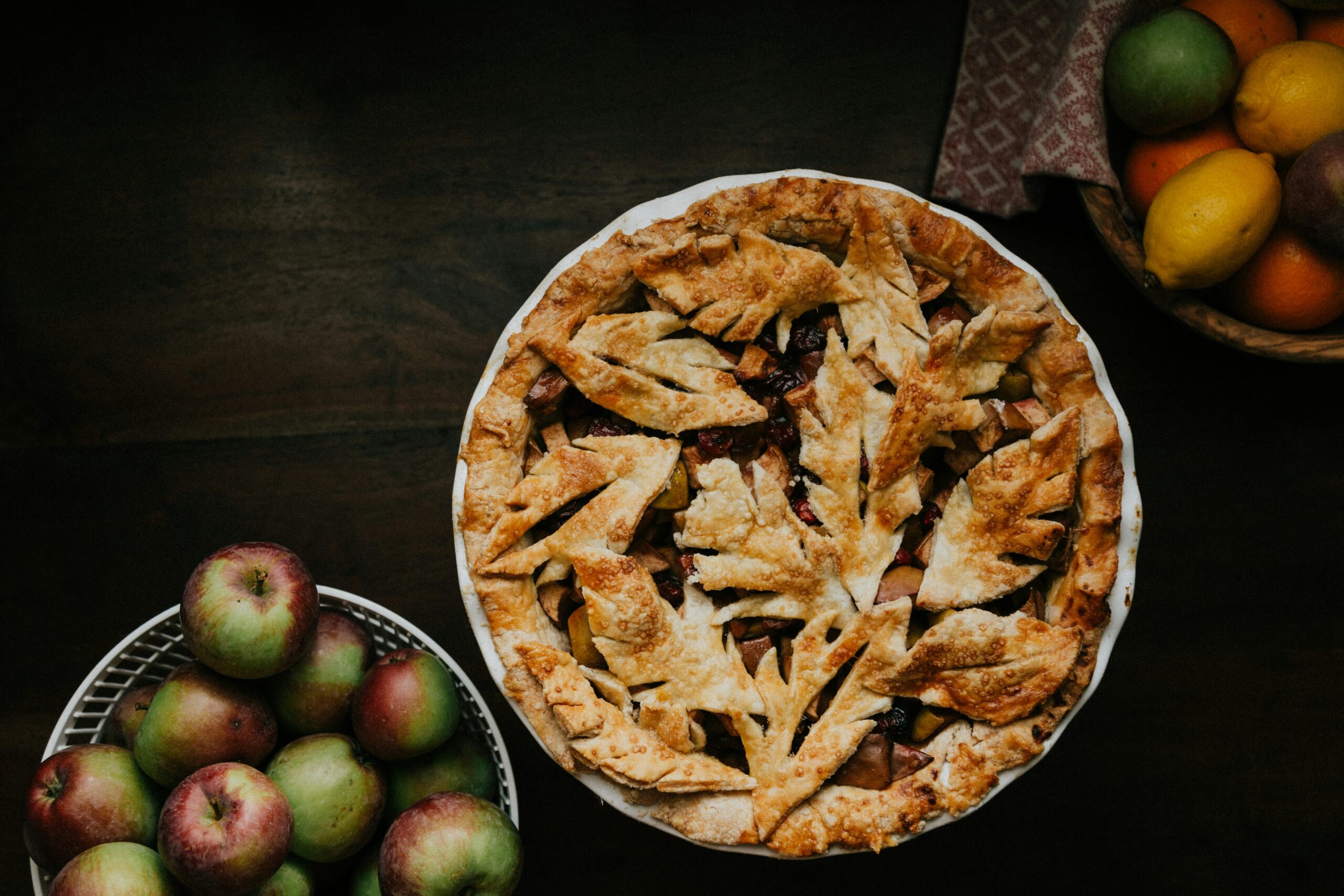Are your sunscreen choices putting your skin health at risk? Recently, homemade sunscreen recipes shared on TikTok have gained popularity, but experts are strongly advising against using them. Let’s uncover why these DIY solutions might not be the best option for protecting your skin from the sun’s harmful rays.
Understanding the Risks of Homemade Sunscreen

If you’ve been scrolling through TikTok lately, you’ve likely seen influencers sharing DIY recipes for everything from toothpaste to sunscreen. But hold up! Before you dive into concocting your own skin protectant, know that experts are waving the red flag on this trend.
The Allure of DIY Sunscreen Recipes
Driven by influencers like Nara Smith, a popular model and content creator, people are exploring making their own sunscreen. Nara, along with her husband Lucky Blue Smith, recently posted a video detailing their homemade sunscreen recipe. They used ingredients like coconut oil, beeswax, shea butter, cocoa butter, jojoba oil, and zinc oxide powder. While it might sound both natural and beneficial, experts aren’t convinced.
Why Experts Oppose Homemade Sunscreens
Dermatologists stress that the efficacy of sunscreen depends on its ability to block or absorb UV radiation. According to Dr. Hannah Kopelman, homemade sunscreens are generally not effective. This is because they lack the rigorous testing required to measure their sun protection factor (SPF). Unlike commercial sunscreens, which undergo strict validation, DIY versions simply can’t guarantee consistent protection.
Ingredient Issues in DIY Sunscreens
Though the ingredients in Nara and Lucky’s recipe may sound nourishing, they’re not particularly effective against UV radiation. Dr. Mina Amin, a Los Angeles-based dermatologist, points out that coconut oil and jojoba oil can actually attract the sun, leading to burns. Beeswax, shea butter, and cocoa butter might be hydrating, but they don’t protect against the sun.
Zinc oxide powder is the only ingredient that might offer some protection. But even then, homemade methods can’t achieve the optimal distribution necessary for effective sunblock, which requires precise formulation and technology.
Dangers of False Sense of Security
One of the biggest concerns is the false sense of security that DIY sunscreens can provide. Dr. Kopelman warns that these homemade concoctions may make people believe they are protected when they’re not. This can lead to serious skin issues, including sunburns and long-term damage like skin cancer.
More Effective Alternatives
Instead of risking your skin’s health, it’s advisable to stick to verified sunscreens. Dermatologists recommend using products with SPF 30 or higher. There are also Korean sunscreens growing in popularity for their efficiency and are dermatologist-approved. Always consult with your doctor to find the most effective sunscreen options that suit your skin type.
Final Thoughts
While the trend of homemade skincare products might seem appealing and fun, it’s crucial to exercise caution—especially with something as vital as sunscreen. Stick to well-tested, commercial products to ensure your skin is adequately protected from harmful UV rays. A sunburn is never fashionable, not even on TikTok.

